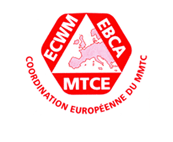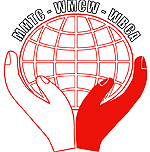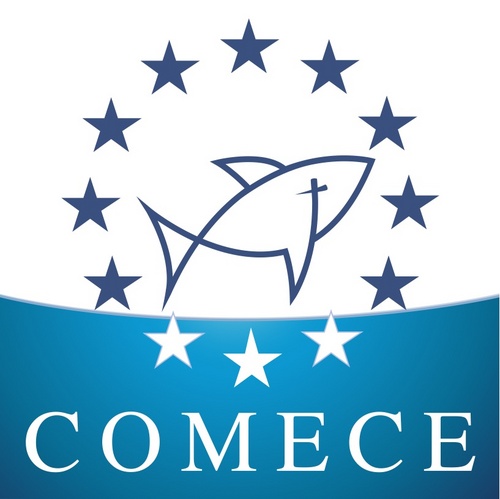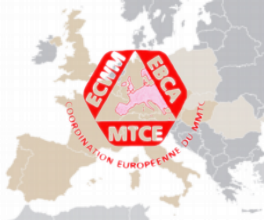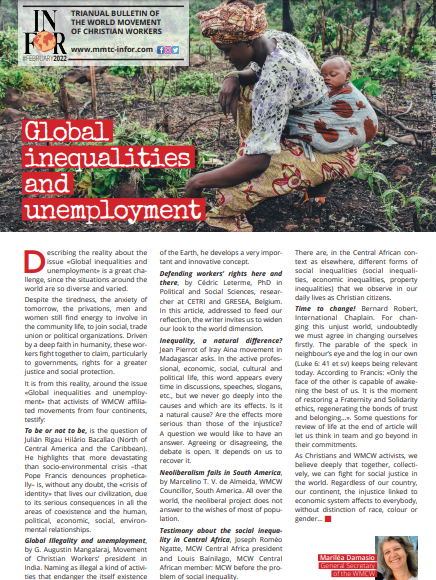
The European Christian Workers Movement (ECWM) has participated in the conference "Building the future of work. A faith-based contribution to the initiative for the centenary of the ILO" that has been convened by the Commission of the Episcopal Conferences of the European Union (COMECE) on November 27, in Brussels.
The world of work faces profound changes. Digitization, the acceleration of globalization, artificial intelligence and the need for an ecological transition alter the conditions and the concept of work and employment. To respond to these challenges, the International Labour Organization (ILO) launched the Initiative on the Future of Labour as part of the centenary of this UN agency scheduled for 2019.
In this sense, churches and religious organizations in Europe intend to contribute to this global dialogue by providing the experience and knowledge of movements and organizations, as well as socio-ethical reflections. The Building the Future of Work conference brought together representatives of churches, religious communities, organizations and movements that work on the ground to make a contribution to the ILO's initiative. In three discussion panels, representatives of the EU, experts of the Christian, Jewish and Muslim faith, we have discussed the challenges of a constantly changing world of work and evaluated new opportunities to shape the current transformation for the benefit of all members of society.
About 30 members of the MTCE movements have participated in this meeting. For the MTCE, the challenge of the future of work is a matter of great importance, because it must guarantee, safeguard and protect human dignity, since "the person is sacred, because he is the image of God". For Christian workers, technological progress has to be "at the service of people", a matter not less when, for example, "the boundaries between work and rest are blurred" or when in the process of digitizing the economy are underestimated «The consequences in the ecology. Growth must be linked to respect for human dignity and the nature that guarantees the basis of life for all of us ». Christian workers in Europe face the challenge posed by digitization from an "active approach", collecting the experiences of workers; reinforcing "cooperation with trade unions, the Church, politics and civil society", recalling the Christian values that can inspire and reinforce the transformation that humanity requires.
In this event, COMECE has presented the reflection Shaping the future of work, a document, in which we have participated the MTCE, which proposes to configure "current trends towards a decent, sustainable and participatory work for all", which should benefit from an "economy that serves integral human development and combines the following characteristics: This world of work will be decent if it promotes decent working conditions, including decent income oriented to the family and a sufficient space for family life and society. It will be sustainable if it offers the conditions for a fruitful and stable life for present and future generations taking into account the ecological dimension of work. It will be participatory if workers and employers are able to configure together at all levels the conditions of employment through social dialogue and cooperate in a tripartite manner with the State in the formulation of policies that affect work. It will be inclusive if it is focused on the main objective of full employment and enables each member to take part in society and become a free actor for the authentic development of society. "
